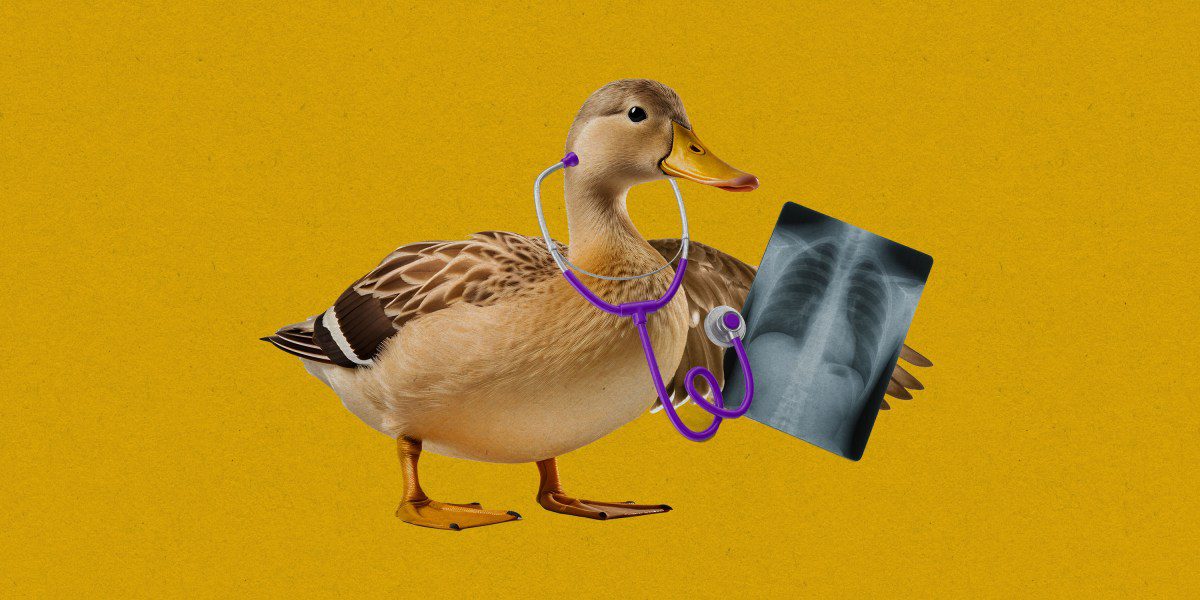The Disappearing AI Medical Disclaimers: A Cautionary Tale
Have you noticed something strange happening with AI medical advice lately? It seems like AI companies are ditching disclaimers left and right. In a recent study, researchers found that fewer than 1% of AI-generated medical responses included a warning that they’re not qualified to give medical advice. This drastic drop from previous years raises some eyebrows—and should definitely raise some alarms.
The Numbers Don’t Lie
When you take a look at the data, it’s pretty alarming. Back in 2022, over 26% of AI responses included disclaimers when answering medical questions. Fast forward to 2025, and that number plummeted to below 1%. We’re not talking about some trivial insights here; these models were tested on 500 health questions and analyzed 1,500 medical images, including chest x-rays that could indicate pneumonia. Honestly, isn’t it a bit scary that so few AI outputs acknowledge that they’re not a substitute for a real doctor?
Think about it—if you were to rely on an AI model for diagnosing a condition, wouldn’t you want to know there are limits to its abilities? Researchers like Roxana Daneshjou, a dermatologist at Stanford, stress that these disclaimers help remind users that AI isn’t a replacement for medical expertise. Without these warnings, there’s a greater risk of real-world harm.
Users Are Finding Workarounds
Let’s face it: seasoned AI users often work around these disclaimers. Reddit threads boast tips on how to trick ChatGPT into analyzing medical images, casting aside important safety nets. For example, users might present medical images as part of a movie script just to bypass warnings. Sure, this might lead to some entertaining conversations, but what about the potential risks? When people are deliberately circumventing safeguards, you have to wonder what that says about the trust we place in these technologies.
Isn’t it a bit concerning that people feel the need to perform these mental gymnastics just to get information? The more we normalize this behavior, the less caution will be exercised when serious health decisions are on the line.
Companies Are Playing a Risky Game
So, why are AI companies rolling back these disclaimers? Some believe it’s a strategy to gain user trust and drive up engagement. Pat Pataranutaporn, a researcher at MIT, argues that reducing disclaimers might make users feel less anxious about the potential for inaccurate medical advice. But let’s not kid ourselves—this could lead to a dangerous trend where people mistakenly rely on AI for critical health decisions.
And guess what? When asked, companies like OpenAI and Anthropic didn’t confirm whether this was a conscious decision. Instead, they pointed to their terms of service, which say that AI outputs are not meant to diagnose health conditions. But does that really cut it? When users aren’t aware of these terms—or worse, ignore them—they could inadvertently put themselves or their loved ones in jeopardy.
What’s the Bottom Line?
At the end of the day, the decline in medical disclaimers in AI outputs could have serious consequences. While it’s understandable that companies want to create engaging tools, it should never come at the cost of user safety. The way things are shaping up, we might be walking a fine line between innovation and responsibility.
So, what’s your take? Are you okay with rolling the dice on AI health advice, or do you think we need to bring those disclaimers back? If you want more insights like this, stick around!
For More Information
Check out this article on AI and healthcare for a deeper dive into the implications of AI in medical settings.
